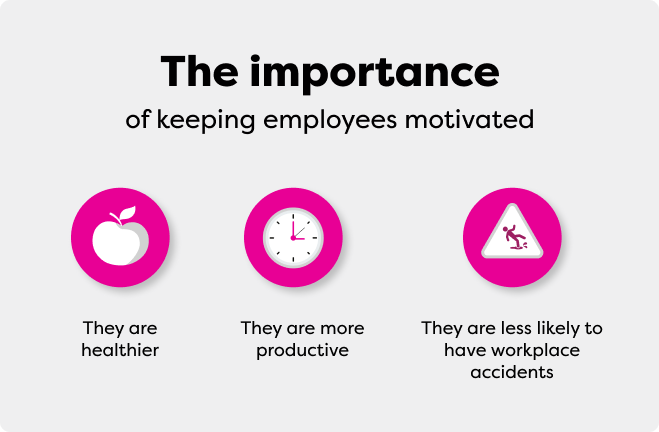Only 25% of manufacturing employees are engaged. The situation needs to change: motivated employees are healthier, more productive, and less likely to experience workplace accidents or absenteeism.
How can we identify workplace engagement issues before they get out of hand? Asking the right questions is crucial to building an efficient engagement strategy.
Here are 45 employee engagement questions you can — and should — ask in your manufacturing company.














